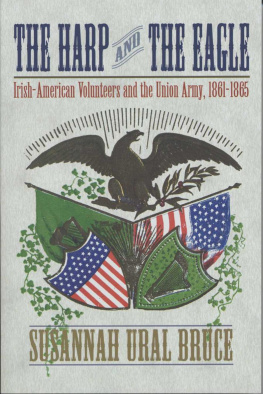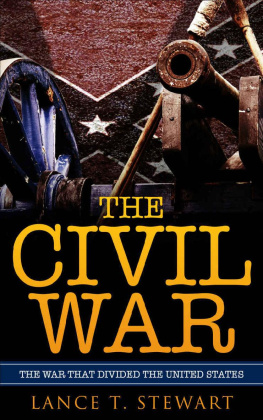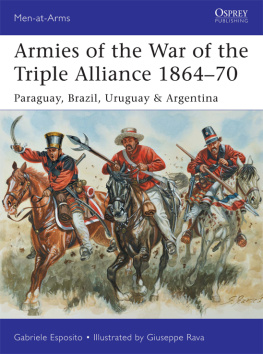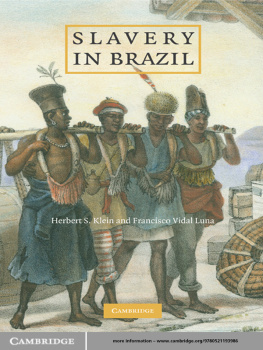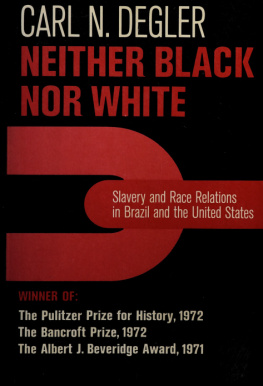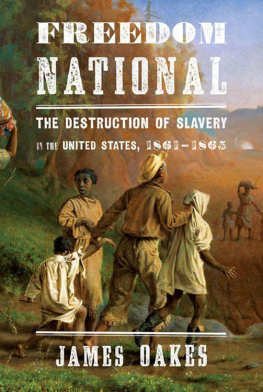Vitor Izecksohn - Slavery and War in the Americas: Race, Citizenship, and State Building in the United States and Brazil, 1861-1870
Here you can read online Vitor Izecksohn - Slavery and War in the Americas: Race, Citizenship, and State Building in the United States and Brazil, 1861-1870 full text of the book (entire story) in english for free. Download pdf and epub, get meaning, cover and reviews about this ebook. year: 2014, publisher: University of Virginia Press, genre: Politics. Description of the work, (preface) as well as reviews are available. Best literature library LitArk.com created for fans of good reading and offers a wide selection of genres:
Romance novel
Science fiction
Adventure
Detective
Science
History
Home and family
Prose
Art
Politics
Computer
Non-fiction
Religion
Business
Children
Humor
Choose a favorite category and find really read worthwhile books. Enjoy immersion in the world of imagination, feel the emotions of the characters or learn something new for yourself, make an fascinating discovery.

- Book:Slavery and War in the Americas: Race, Citizenship, and State Building in the United States and Brazil, 1861-1870
- Author:
- Publisher:University of Virginia Press
- Genre:
- Year:2014
- Rating:4 / 5
- Favourites:Add to favourites
- Your mark:
Slavery and War in the Americas: Race, Citizenship, and State Building in the United States and Brazil, 1861-1870: summary, description and annotation
We offer to read an annotation, description, summary or preface (depends on what the author of the book "Slavery and War in the Americas: Race, Citizenship, and State Building in the United States and Brazil, 1861-1870" wrote himself). If you haven't found the necessary information about the book — write in the comments, we will try to find it.
In this pathbreaking new work, Vitor Izecksohn attempts to shed new light on the American Civil War by comparing it to a strikingly similar campaign in South America--the War of the Triple Alliance of 186470, which galvanized four countries and became the longest large-scale international conflict in the history of the Americas. Like the Union in its conflict with the Confederacy, Brazil was faced with an enemy of inferior resources and manpower--in their case, Paraguay--that nonetheless proved extremely difficult to defeat. In both cases, the more powerful army had to create an elaborate war machine controlled by the central state to achieve victory.
While it was not the official cause of either conflict, slavery weighed heavily on both wars. When volunteers became scarce, both the Union and Brazilian armies resorted to conscription and, particularly in the case of the Union Army, the enlistment of freedmen of African descent. The consequences of the Unions recruitment of African Americans would extend beyond the war years, contributing significantly to emancipation and reform in the defeated South.
Taken together, these two major powers experiences reveal much about state building, army recruitment, and the military and social impact of slavery. The many parallels revealed by this book challenge the assumption that the American Civil War was an exceptional conflict.
A Nation Divided: Studies in the Civil War Era
-- Don H. Doyle, University of South Carolina, author of The Cause of All Nations: An International History of Americas Civil WarVitor Izecksohn: author's other books
Who wrote Slavery and War in the Americas: Race, Citizenship, and State Building in the United States and Brazil, 1861-1870? Find out the surname, the name of the author of the book and a list of all author's works by series.

